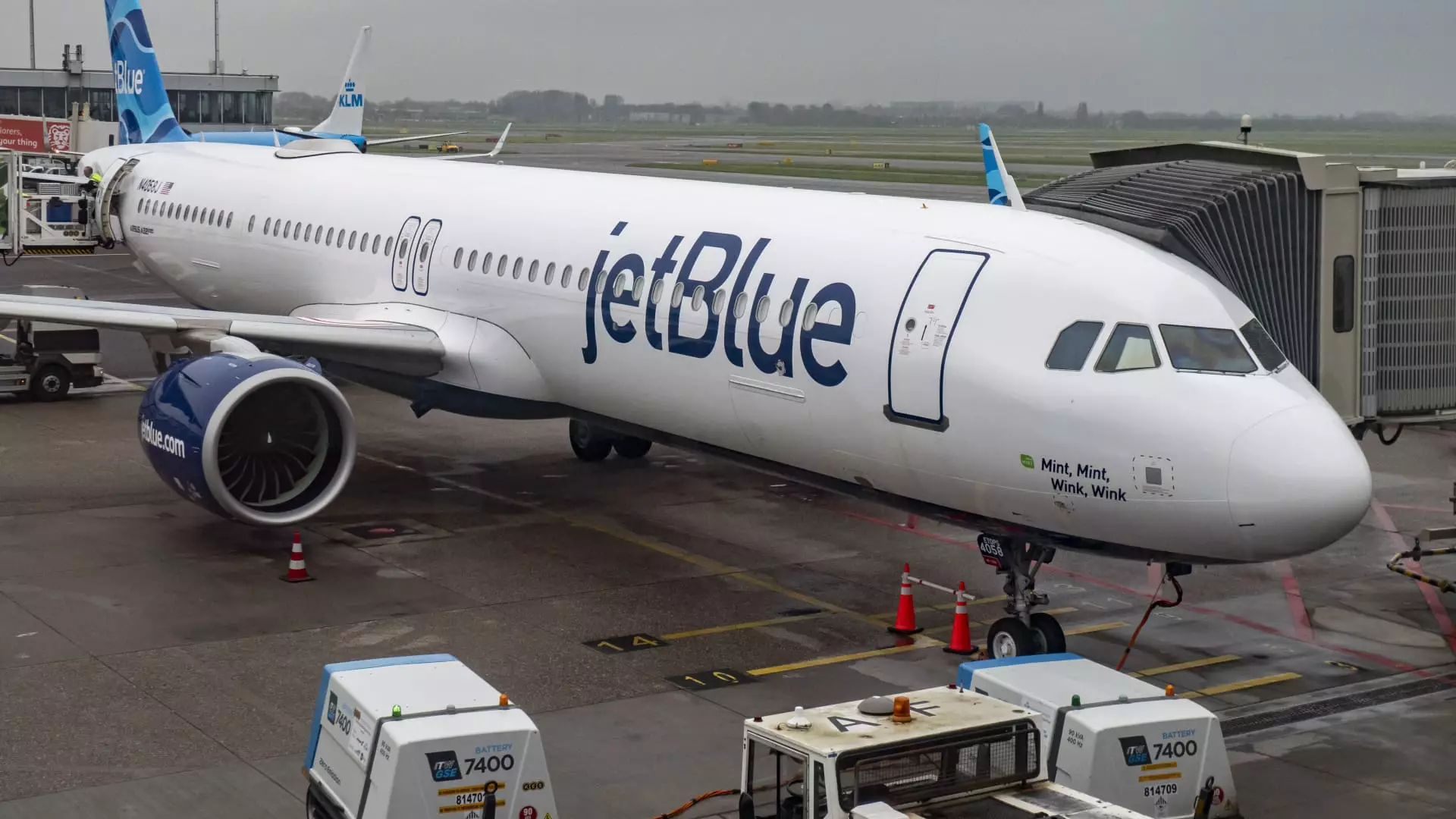In a decisive move to navigate its current profitability challenges, JetBlue Airways announced substantial changes to its flight schedules, potentially altering the competitive landscape of several key markets. On Wednesday, the airline informed employees that it would eliminate a series of unprofitable routes, which underscores its commitment to restoring robust financial health post-pandemic. These alterations signify a broader strategy aimed at optimizing operational efficiency, streamlining services, and delivering a more sustainable business model.
JetBlue has identified specific routes for cutbacks, impacting cities that showcased lower demand and higher operational costs. The discontinuation of flights connecting Fort Lauderdale to Jacksonville and New York’s JFK to Austin, Houston, and Miami is a testament to the shift in demand patterns observed since the pandemic. Particularly notable is the cessation of service to San Jose, California, a hub that JetBlue likely assessed as insufficiently profitable amid stiff competition from established carriers.
The airline’s analysis pointed to ongoing profitability issues in Miami, primarily attributed to the strong market presence of legacy airlines such as American and Delta. Despite the challenges, Florida remains a strategic focus for JetBlue, given its potential and current offerings, including sustained service from Boston to Miami. The airline’s nuanced approach—a balancing act that involves rationalizing costs while continuing to serve high-demand markets—reflects a clear attempt to reclaim market share without sacrificing overall service quality.
Another strategic shift highlighted in JetBlue’s operational adjustments is its evolving stance on international routes, particularly to Europe. The announcement that it would discontinue its secondary JFK-Paris flight and suspend summer service to London’s Gatwick airport starting in the summer of 2025 indicates a deliberate reallocation of resources toward more promising routes. This foresight could enhance JetBlue’s competitive edge in a challenging transatlantic market that has been historically dominated by larger counterparts.
JetBlue’s expectation of revealing new European service options next week adds an intriguing layer to its operational strategy. It signals an intent not just to retreat but to advance—exploring new opportunities may be indicative of a pivot towards markets that promise higher returns.
JetBlue emphasized its commitment to customer service amidst these operational changes, promising affected passengers alternatives or refunds on canceled flights. This proactive stance demonstrates the airline’s broader dedication to transparency and maintaining customer loyalty, crucial in an industry where consumer choices are abundant. Offering flexibility can mitigate dissatisfaction, especially as demographic shifts and changing travel trends continue to redefine customer expectations in the airline sector.
JetBlue Airways is navigating a complex landscape of operational demands, profitability pressures, and market realities. While the removal of unprofitable routes and adjustments to European services may seem like a retreat, they reflect a thoughtful strategy aimed at positioning the carrier for long-term stability and success. As the airline continues to evolve, its focus on core markets and customer needs will be essential for sustaining growth amidst unpredictable industry dynamics.

